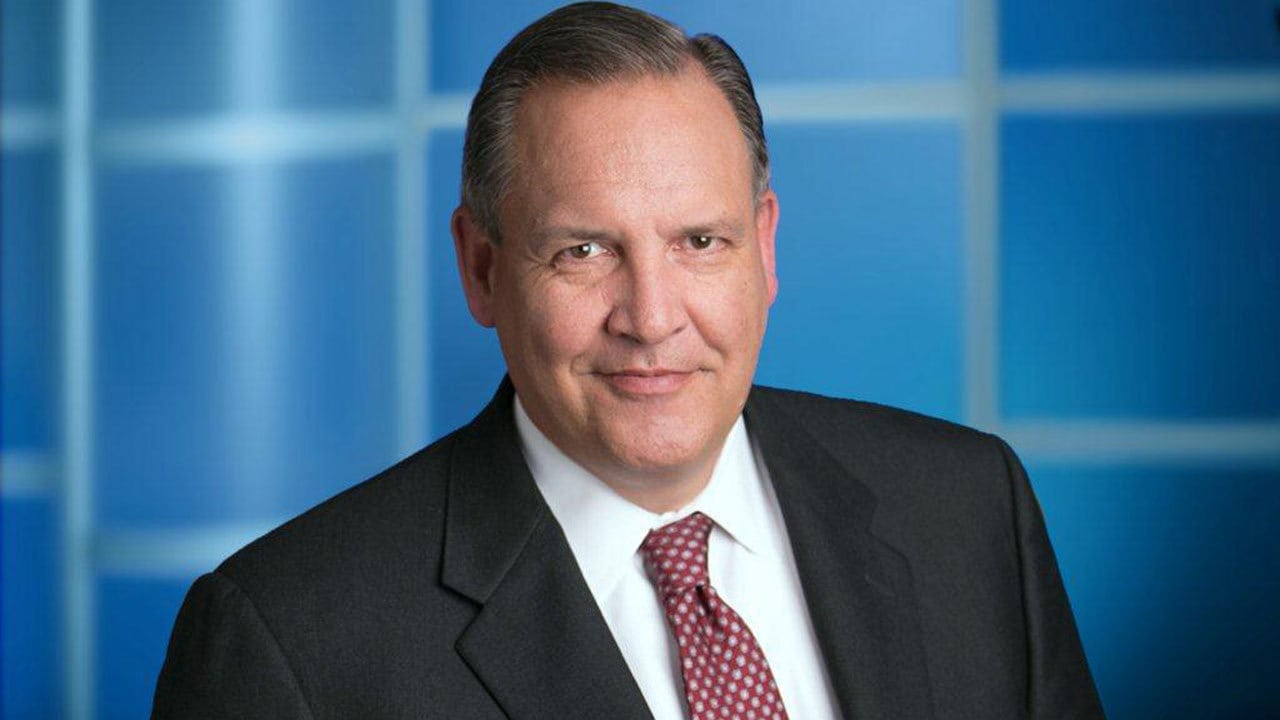 |
| United Technologies CEO Gregory Hayes withdrew from negotiations with Honeywell that may have resulted in a merger that could have influenced the aerospace supply chain. Photo: UTC |
[Avionics Today 03-02-2016] Honeywell and United Technologies Corp. (UTC) announced and then immediately ended talks that suggested a $90 billion merger between the two aerospace supply companies earlier this week. UTC CEO Gregory Hayes cited potential pushback from regulators, investors and customers — as well as a skimpy price point — as the reason the company ended merger negotiations. And with prime customers concerned about the lack of competition and possible slowdown in Research and Development (R&D) in the supply chain as a result of a mega-merger such as this, Richard Aboulafia, vice president of analysis at the Teal Group, notes that future combinations of this kind are unlikely to make it through.
“[In a merger like this] there would be a lot more pushback on pricing, for certain. There would be more of an effort to control aftermarket systems and try to work without the primes, and, of course, just have a greater say in the production of new aircraft. What it comes down to is just too much market power,” Aboulafia told Avionics Magazine.
Honeywell confirmed business discussions surrounding a possible business combination for the two companies earlier this week after the company submitted a Feb. 19 proposal to UTC on the subject. Hayes quickly and swiftly cut down the proposed merger, however, saying that while the company had discussed a combination with Honeywell “on-and-off for years,” possible opposition from regulators, customers and investors could prove disastrous.
“After the exploratory discussions last spring, it became clear that the regulatory environment had shifted dramatically during the course of 2015. After consultation with our legal advisors, we concluded that a combination would be blocked outright; or, even if it were possible to complete a transaction, the regulatory delay, required divestitures, and customer concerns and concessions would ultimately destroy shareholder value far beyond any synergies. It would also have a material negative impact on UTC’s operations, customer relationships and talent retention,” Hayes said in a Feb. 26 statement.
“It would be irresponsible for UTC to move forward with the proposed combination under these circumstances,” Hayes added, noting that, regulatory challenges aside, Honeywell’s proposal “grossly undervalues UTC and overstates potential synergies.”
Honeywell quickly withdrew its proposal as a result of UTC’s unwillingness to pursue negotiations, releasing a statement saying the company “strongly disagrees with United Technologies’ characterization of the regulatory and customer risks associated with the transaction” and sticking by Honeywell’s estimated $3.5 billion in achievable cost synergies it says the merger could produce.
Shortly after the possible combination was announced, the companies were seeing pushback from prime customers, such as Boeing, which released a notably hesitant statement on the merger.
“Healthy competition in our supply chain is vitally important to Boeing and our commercial and military customers,” Boeing’s Feb. 26 statement read. “As we would with any potential combination of tier-one suppliers within the aerospace and defense industry, we would anticipate taking a very close look at the potential impact on us and our customers of a Honeywell-UTC merger or acquisition.”
The source of the opposition from customers is likely the impact the merger could potentially have on the aviation ecosystem, including product overlap, increased say in manufacturer ramp up, and a possible cut in Research and Development (R&D) for new technologies.
“There would be some areas of combination that would be total nonstarters for the aviation ecosystem. There would be mandating divestitures to avoid the very high level of market control … on products such as business jet engines, auxiliary power units and all other types of systems that would give them too much power for the likes of regulators,” Aboulafia told Avionics Magazine. “Another point Honeywell made is that they would save billions in R&D, that means both that the process would have been less duplicative but it also means they simply would be spending less on R&D, and that obviously impacts new technology development.”
Aboulafia noted that while regulators were unlikely to be pleased by the possible merger, as it would allow the combined company more influence in industry than they typically like to see, prime customer opposition of this kind is likely to influence a company’s decision against a merger even more than regulatory opposition.
“When primes disapprove, you have a lot more power than the usual regulatory conduits,” said Aboulafia. “Regulatory is the most direct way to disapprove, but equally effective — if not more effective — is for the large companies to begin sourcing products from alternate sources, effectively saying that the company would be shooting themselves in the foot if the merger took place.”